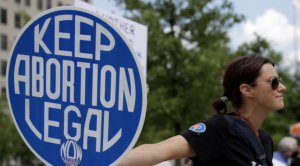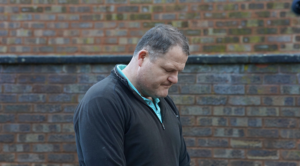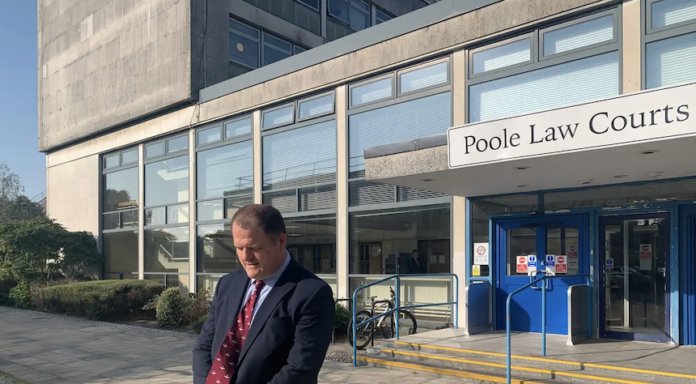A British Army veteran, who was recently convicted of “disapproval” of abortion by praying silently in an abortion “buffer area”, fears that his case may be the beginning of a worrying trend in which “thoughts” are punished in the United Kingdom.
“I think this has horrific, frankly, horrific implications for England. The idea that the state has empowered itself to peer into people’s minds and criminalize your very thoughts — that should terrify every freedom-loving Englishman,” Adam Smith-Connor said.
In October, the father of two and veteran physiotherapist who served in the British army for 20 years was found guilty of violating the Public Spaces Protection Order of the local government after he stood in silent prayer outside an abortion clinic nearly two years earlier. According to Alliance Defending Freedom UK, the Bournemouth Magistrates’ Court gave him a conditional discharge as well as ordered him to pay £9,000 (or almost $12,000) in prosecution costs.
ADF UK spokeswoman Lois McLatchie Miller stated, “We will appeal this judgment because no one should be criminalized in the United Kingdom for their opinions.”
On video, local council officers approach Smith-Connor that day and probe him to reveal “the nature of [his] prayers.” He was told that if he revealed he prayed for his “deceased” son, his prayer would be considered “disapproval [of abortion]”. This violated the buffer zone laws.

Smith-Connor has said he prays often outside clinics, both for those who are contemplating abortions and for his son whom he had aborted more than 20 years ago.
Smith-Connor claimed that on the day in question, he was facing away from the building, and he hadn’t looked or spoken to anyone before officers arrived. He was shocked by the incident because, just a week earlier, local authorities told him that he could pray outside another abortion clinic.
The ruling, he said, should concern anyone who is concerned about the protection of freedom of thought and speech in the UK.
“Quite frankly, it doesn’t matter whether you are pro-life, or pro-choice. The abortion issue is a side issue. This is a matter of freedom. If we empower the state to the point that it can criminalize your thoughts, then everyone is in trouble. You might agree with the government now, but tomorrow there may be another government with whom you disagree. Once you establish that thought crimes are a thing, then there is no stopping them,” he said.
McLatchie added, “It surprised many people in the United Kingdom since it is 2024 and not 1984.”
Smith-Connor was sentenced as the United Kingdom is introducing additional buffer zones across England and Wales this week, following legislation passed in 2023.

According to Reuters, the zones, which cover a radius of 500 feet, make it a criminal offense to “intentionally” or “recklessly” influence a decision and obstruct an abortion facility.
McLatchie Mill said the “vague” language of the law about “influencing” could be interpreted as punishing people who have peaceful conversations in a public place or for their thoughts. This was evident in Smith-Connor’s case.
We don’t yet know if this will apply to women in crisis pregnancies or volunteers who hand out information or discuss options with them. The wording in the law, “influence,” is so vague, that it could very well be applied subjectively to punish people for their thoughts, helpful conversations, or consensual discussions that they have while walking down the street. McLatchie said, “I think this is going to happen a lot in the UK.”
Smith-Connor’s ruling comes after a Christian in the UK won a case last August, after being arrested for silently protesting against abortion.
The British woman, who was arrested for silently praying outside an abortion facility, received a £13,000 (approximately USD 17,000) payout from the West Midlands Police in Birmingham, England, after filing a claim accusing them of false imprisonment, assault, and wrongful arrest.










